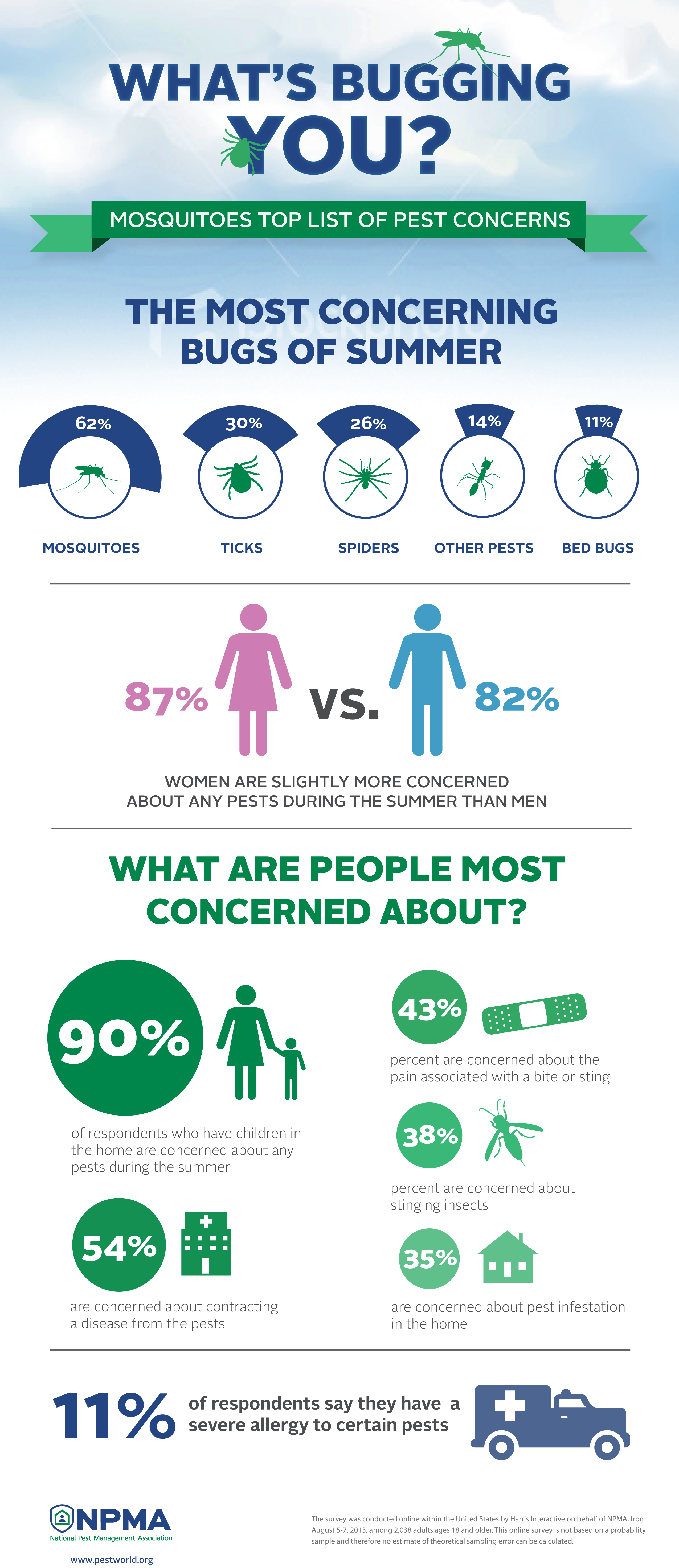Picture your garden as a refuge, a location of harmony and elegance. Nonetheless, the presence of outdoor parasites can quickly disrupt this picturesque image. What if there were Link Website yet efficient ways to maintain these unwelcome site visitors at bay and protect your garden oasis? By adhering to a few functional tips and implementing all-natural techniques, you can develop a harmonious outside space where your plants can thrive undisturbed.
Natural Insect Deterrents
To maintain parasites away from your yard normally, plant aromatic herbs like mint and lavender. These great smelling plants not only include appeal to your yard but likewise act as efficient parasite deterrents. Parasites like insects, flies, and also some garden-damaging insects are warded off by the strong aromas produced by these natural herbs. Just placing them strategically around your garden can help develop a natural barrier versus unwanted parasites.
In addition to mint and lavender, consider growing other herbs like rosemary, basil, and lemongrass to further boost your garden's pest-proofing abilities. These natural herbs not just serve as all-natural repellents but likewise have actually the added advantage of working in cooking or crafting self-made solutions.
Strategic Plant Positioning
Consider the layout of your garden and the kinds of plants you have to strategically put them for optimum pest-proofing efficiency.
Start by grouping plants with comparable resistance to bugs together. By doing best flea tick , you can create a natural barrier that hinders bugs from spreading out throughout your yard.
In addition, placing pest-repelling plants like marigolds, lavender, or mint near more at risk plants can assist secure them. Tall plants, such as sunflowers or corn, can work as a shield for shorter plants against insects like rabbits or ground-dwelling insects.
Bear in mind to leave adequate area between plants to boost air flow and minimize the threat of conditions that pests might lug.
Moreover, take into consideration planting strong-smelling natural herbs like rosemary or basil near vulnerable plants to perplex insects' detects and make it harder for them to find their targets.
Effective Parasite Control Methods
For combating garden bugs efficiently, carrying out a multi-faceted bug control method is crucial. Begin by motivating natural killers like birds, ladybugs, and praying mantises to help keep pest populaces in check. Introducing plants that attract these helpful bugs can aid in parasite control. Additionally, practicing good yard hygiene by eliminating particles and weeds where bugs could conceal can make your garden much less friendly to unwanted visitors.
Think about using physical obstacles such as row cover textiles or netting to safeguard susceptible plants from parasites like caterpillars and birds. Using natural chemicals like neem oil or insecticidal soap can likewise be effective against particular insects while being much less hazardous to advantageous bugs and the atmosphere. It's critical to turn your crops each season to stop the build-up of parasite populaces that target certain plants.
Regularly check your plants for indications of parasite damages so you can do something about it immediately. By integrating mouse and rat exterminator and staying cautious, you can successfully manage garden parasites and delight in a growing, pest-free yard.
Final thought
So, there you have it - with the right techniques, you can keep pesky outside pests away from your yard and help your plants flourish.
Did you recognize that planting mint has been shown to push back mosquitoes and other pests, minimizing the need for dangerous pesticides by approximately 60%?
By incorporating natural deterrents and clever planting methods, you can produce a stunning and pest-resistant yard sanctuary for you to take pleasure in.
